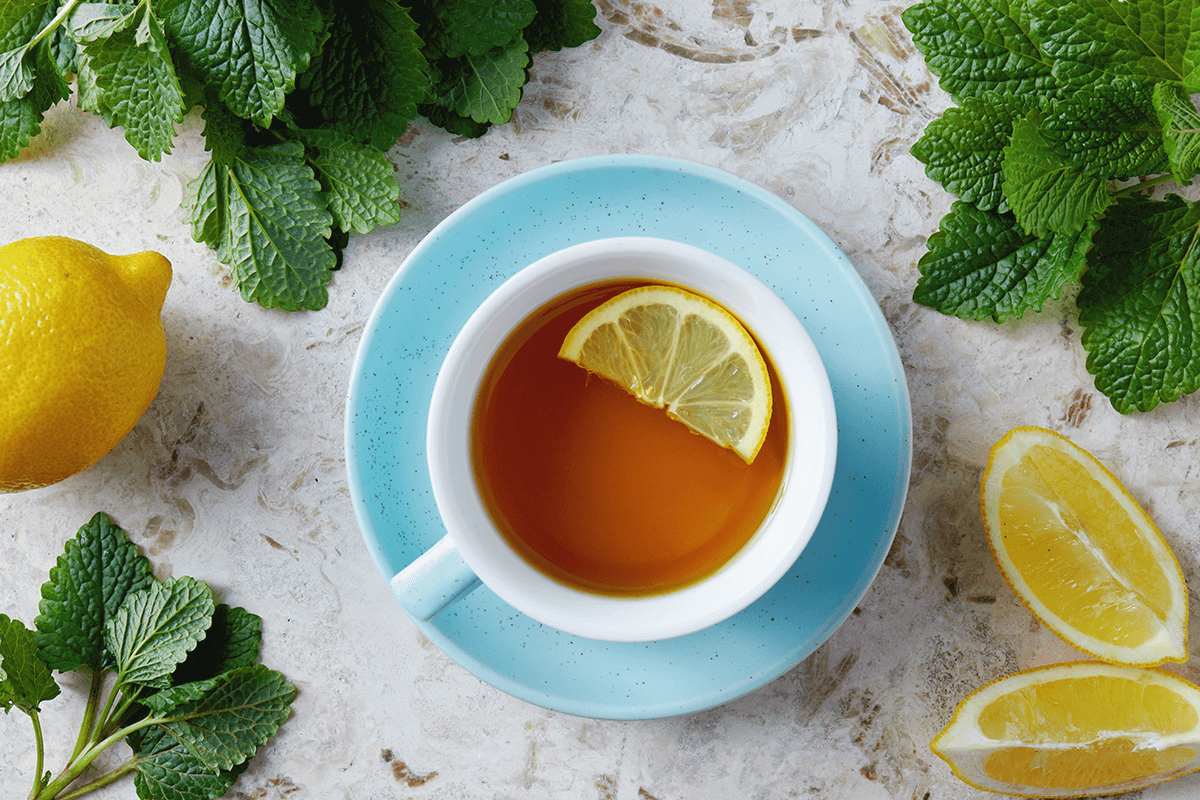8 supplements to help manage and reduce stress
If you experience symptoms of stress, certain supplements may be able to help. Here is a list of eight nutrients and botanicals that have been shown to help naturally manage stress and anxiety.
1. Ashwagandha
Ashwagandha is extracted from the roots of an evergreen shrub native to India and Southeast Asia. (7) This increasingly well-known herb demonstrates a range of health benefits, including being a safe and well-tolerated natural stress remedy. (10) Ashwagandha mitigates stress by lowering elevated levels of cortisol in the body. (10) Additionally, ashwagandha may improve several sleep parameters, including total sleep time and sleep quality, for those suffering from insomnia often triggered by stress and anxiety. (21)
2. Chamomile
Chamomile has long been used as a mild sedative to promote calmness and ease feelings of anxiety. (4)(15) Chamomile may improve moderate-to-severe symptoms associated with a generalized anxiety disorder (GAD), one of the most common chronic psychological disorders. (22) Furthermore, vaporized essential oils extracted from chamomile flowers may help relieve anxiety. (15)
3. Lemon balm
Lemon balm has been shown to reduce feelings of anxiety and promote well-being. (28) One study found that supplementing with lemon balm for eight weeks resulted in a significant reduction in symptoms of depression, anxiety, and stress. (17)
Drinking a beverage infused with lemon balm can help lower your stress and anxiety levels. (28)
4. L-theanine
L-theanine, an amino acid found in green tea, has been shown to have calming effects. A meta-analysis of nine peer-reviewed articles concluded that L-theanine supplementation reduces stress and anxiety in individuals experiencing stressful situations. (36) One study showed that perceived stress was significantly reduced one hour after supplementation and cortisol levels decreased after three hours. (35)
Did you know?
Low-caffeine green tea can improve sleep quality in middle-aged and elderly individuals by suppressing stress. (32)(33)
5. Magnesium
Magnesium has been shown to reduce feelings of anxiety and stress. Approximately 68% of North Americans don’t intake enough daily magnesium, which is associated with increased feelings of stress and anxiety. Under acute stress, the body excretes increased levels of magnesium through the urine. Supplementing with magnesium can help maintain adequate magnesium levels and support the stress response. (8)
6. Valerian root
Valerian root, most commonly used for its sedative effects to improve sleep, has also been found to reduce both physical and psychological symptoms of stress. (6) One of the compounds in valerian root extract, valerenic acid, has a tranquilizing effect and contributes to a calm state of mind by preventing the breakdown of gamma-Aminobutyric acid (GABA) in the brain. (18) GABA is an inhibitory neurotransmitter responsible for blocking impulses between nerve cells in the brain. Low levels of GABA are associated with increased anxiety. (1)
7.CBD/Hemp Oil
Unlike THC, CBD is the non-intoxicating derivitive of Marijuana or Hemp (which is now totally legal by the way) that is found in the Cannabis Sativa plant. It is mainly derived from hemp, which is a separate and distinct strain of the cannabis plant than marijuana. Despite CBD being found in both hemp and marijuana, they are not one and the same.
A quarter of the U.S. Population is now taking CBD and report a wide range of health benefits. That’s because they have an endocannabinoid system. It’s essentially a giant network of receptors that use CBD as fuel to repair a number of internal systems throughout the human body.
Many have found CBD to be an effective remedy for managing stress, increasing focus and restoring balance to their bodies and minds.
8. B vitamins
If you struggle with high levels of stress, B vitamins, most significantly B6, B9, and B12 may help alleviate your symptoms. (30)(38) Vitamin B complexes have a variety of scientifically-proven benefits when taken daily, including combating depression, anxiety, and the effects of work-related stress. (30)
Taking supplements and vitamins can make for an easy, cost-effective method for managing stress.
The bottom line
The key to managing stress is to pay attention to your body, mood, and behavioral warning signs listed above. Chronic stress can take a toll on your health, but there are a number of strategies you can incorporate into your daily routine to help manage your stress. Certain nutrient and botanical ingredients can also be helpful in managing stress. Before making changes to your treatment plan, consult an integrative healthcare practitioner for recommendations specific to your needs.



